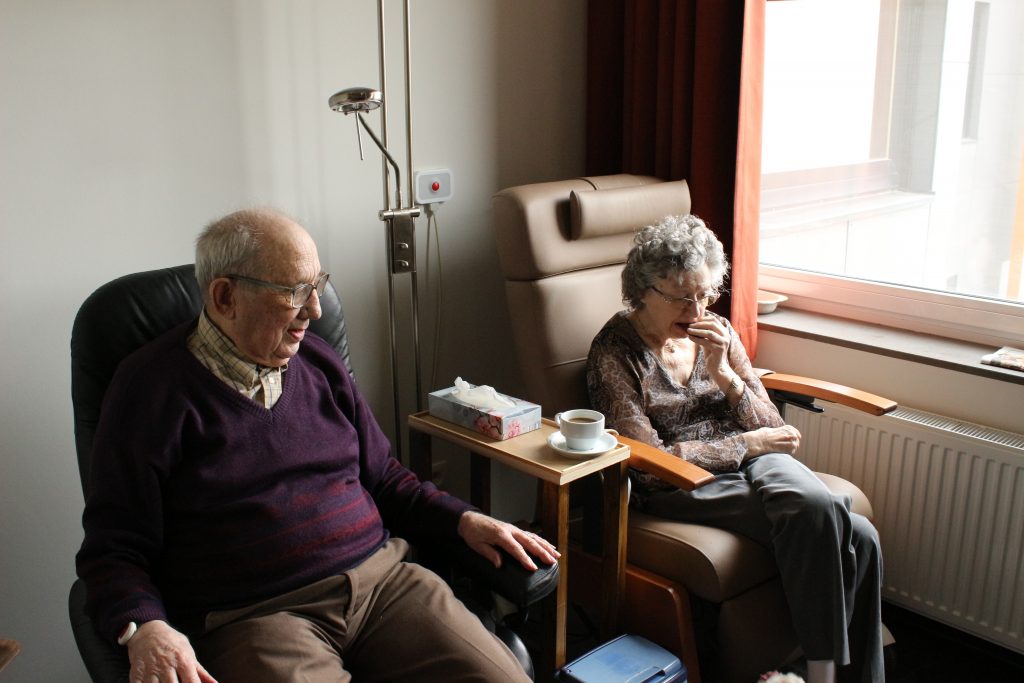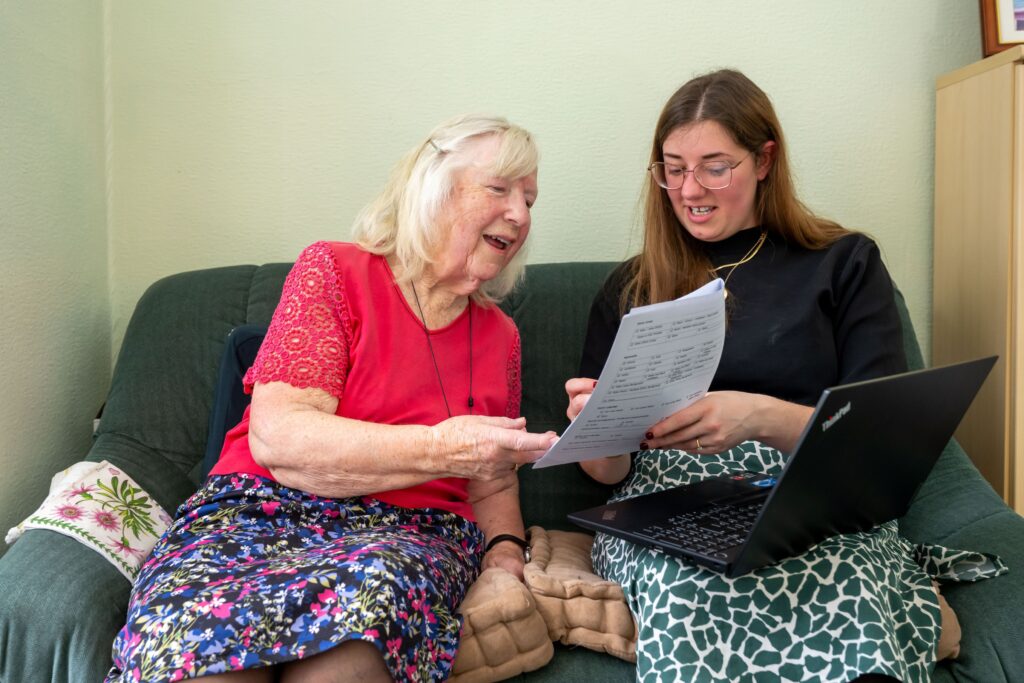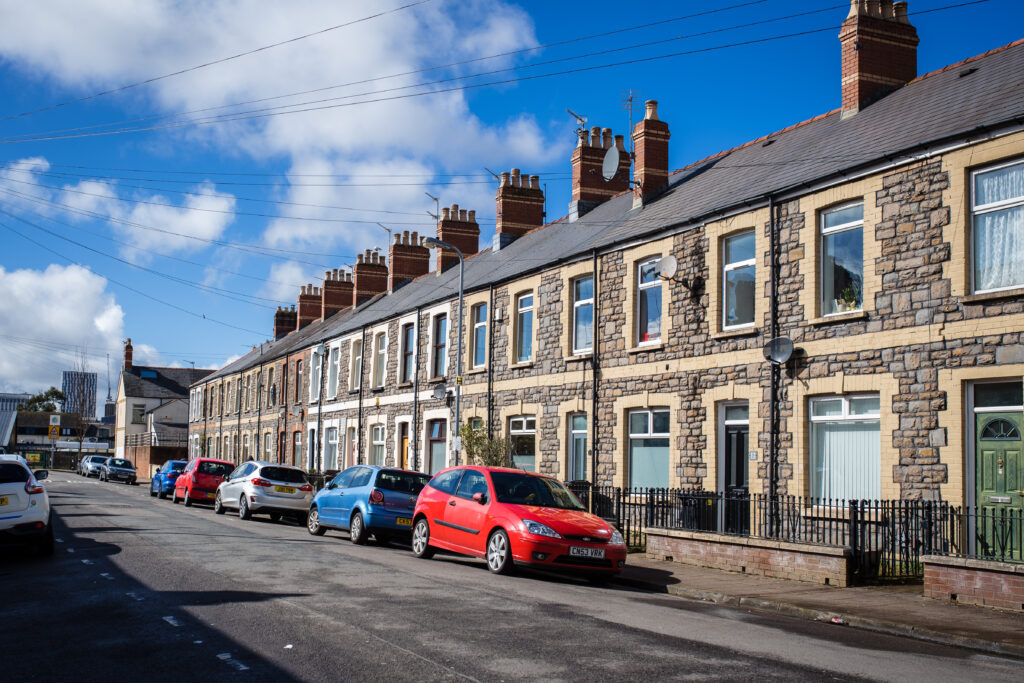Rachel Cable argues that Wales is facing a growing poverty crisis as a result of the pandemic.
A second shockwave is coming.
Right now, our news is dominated by death and disease, but soon, we will be faced with a more familiar threat; growing poverty levels.
Paradoxically, some of the people most vulnerable to this threat are the very people that politicians have been enthusiastically applauding; the nation’s carers.
That’s why Oxfam Cymru has joined forces with over 100 carers’ organisations, anti-poverty campaigners, women’s rights groups, think tanks, and unions to sound the alarm. Oxfam Cymru have one straightforward ask of our political leaders, both in Cardiff Bay and in Westminster: to act now to end carers’ poverty.
The pandemic has truly brought into sharp focus the importance of care. Each of us depends on someone to care for us at some point in our life. Carers are the glue that holds our society together, perhaps now more than ever before. Clapping is a welcome sign of solidarity with carers; now what they need is proper support.
Oxfam knows, from our work internationally and here in Wales, that there’s a direct link between caring and poverty; and it’s women who are hit the hardest. Both here and across the world, paid and underpaid care work is disproportionately done by women and girls. This especially true for those from groups who, as well as gender discrimination, experience discrimination based on ethnicity, nationality, and age. It’s these women who are about to be dragged further into poverty.
That simply can’t be right.
Even before the Coronavirus hit, too many carers were barely keeping their heads above water. But the pandemic is making a bad situation intolerable. Carers Wales recently released new figures which show that over three quarters of carers in Wales have been forced to spend extra money during the pandemic. That’s extra money people simply don’t have.
And carers aren’t just faced with increased financial pressure; for many, the emotional toll is becoming unbearable. One woman from Cardiff, who cares full time for her elderly mother with dementia, recently told us that the Coronavirus was making her incredibly anxious. So much so, that she now drives to her mother’s paid carer’s house to collect and drop her off – just so she doesn’t have to risk exposure to the virus by getting on the bus.
People who work in the paid care industry are also struggling; across the UK many of them are off work because they’re ill themselves or they’re looking after someone at home who’s ill. The trouble is, some care workers might not be eligible for sick pay, so if you’re off work your income disappears overnight.
It’s politicians’ responsibility to put this right.
For people who care for a loved one at home, that means making sure the social security system gives them an adequate income. Key benefits, like Carers Allowance and Child Benefit must be boosted, and wider problems with our social security system need to be fixed. No excuses.
And it’s painfully obvious that the UK’s social care system needs a big injection of money. We want care providers to be able to pay their staff the Real Living Wage at an absolute minimum, and for people to be given fairer, more flexible contracts.
It’s simply the right thing to do, and the public agrees. Recent YouGov polling commissioned by Oxfam Cymru shows that over two thirds of people in Wales believe that carers aren’t valued highly enough, 69% said care workers are paid too little and nearly two-thirds believe that those on low incomes who look after sick or disabled people should receive more financial support through increased social security payments.
Our political leaders have a chance to listen to the public and help guard against the coming shockwave. Failure to right this wrong for those giving so much to protect so many would be unforgivable.





